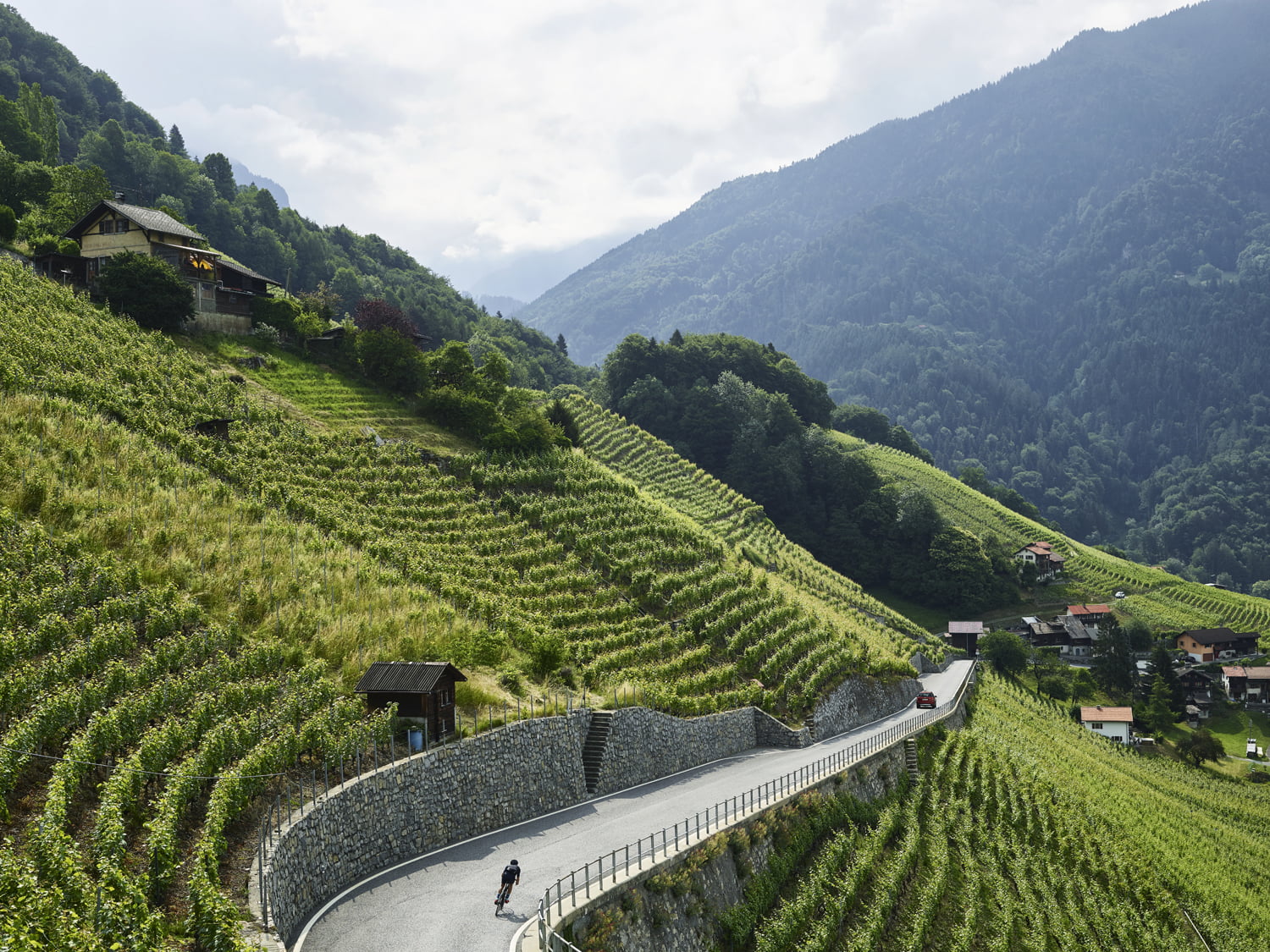Fuelling your cycling training program is important to ensure you have the energy and nutrients necessary to perform at your best and recover properly. They say an army marches on its stomach, and the same is true of cyclists.
Here are some very basic tips to keep you riding at your best:
1. Consume enough calories: This is a basic one, but you must always make sure you are consuming enough calories to meet the demands of your training. Your calorie needs will depend on your body size, metabolism, and training intensity, but aim to consume enough to support your energy needs without gaining weight.

2. Calculate your maintenance level: To decide how much to eat begin by calculating your maintenance level. This is about 10 calories per lb of bodyweight every 24 hours. Add in the calories expended by moving around and your exercise sessions and you should have a good baseline. Eat more than that and you get heavier, eat less and you get lighter. Strength can also increase and decrease in much the same way so don’t restrict your diet radically if you are also putting in 3 hours a day on the bike.
3. Eat a balanced diet: A balanced diet should include carbohydrates, protein, and healthy fats. Carbohydrates are important for energy during exercise, protein helps repair and build muscles, and healthy fats provide sustained energy and support recovery. Again, this is a simple one, but avoid junk food and calorie rich food which do little for your body and just pour empty calories into the system. Focus instead on healthy food, fresh fruits and vegetables and limit or eliminate alcohol from the diet.
4. Time your meals: Eating a meal or snack 2-3 hours before your ride can help provide the necessary energy. If you’re training in the morning, make sure to eat a breakfast that includes carbohydrates and protein to fuel your ride. There is nothing worse than suffering the dreaded ‘knock’ when out on the bike. It can literally stop you in your tracks, so always also ensure you have an emergency stash of food should you feel your energy levels drop too low.
5. Hydrate properly: Proper hydration is essential for cycling performance. Drink water before, during, and after your ride to ensure you’re staying hydrated. Aim for a bottle every 45 minutes. If your ride is 4.5 hours make sure you pass through villages that offer you the opportunity to take on more fluids and/or refill your bottles. Once you notice the effects of dehydration your performance has already dropped off a cliff. Little and often is key!
6. Consider supplementation: If you struggle to meet your nutrient needs through food alone, consider adding a multivitamin or other supplements to your diet. Consult with a healthcare professional before starting any new supplement regimen.
Overall, remember to listen to your body and adjust your diet accordingly. Every person’s nutritional needs are different, and it may take some experimentation to find the best fuelling strategy for you. Where possible consult a trained professional nutritionist to assist you with your planning.
We hope the above simple tips will help you make the most of your rides out on the bike and over the long term make you a better, healthier and faster cyclist. Don’t forget to ride with a credible power meter and check out the InfoCrank Road and ground breaking IC2 today!
Read more: How to use a cycling power meter to train for MTB
